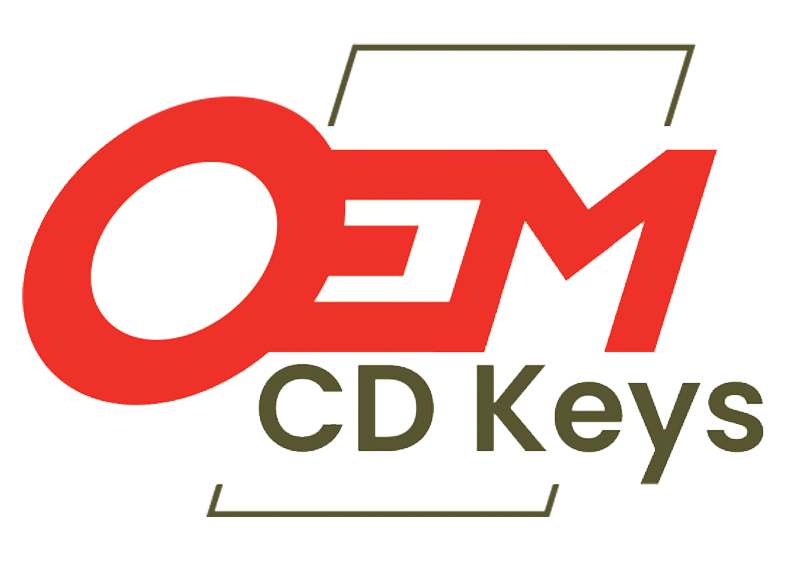Introduction to OEM Keys
OEM keys, short for Original Equipment Manufacturer keys, are unique product keys provided by software manufacturers, such as Microsoft, to device manufacturers like Dell or HP. These keys allow the pre-installation of software, primarily operating systems like Windows, on new devices before they are sold to consumers. The primary purpose of OEM keys is to simplify the distribution of software and hardware bundles while offering a cost-effective licensing solution. Unlike retail keys, which are sold directly to consumers, OEM keys are embedded into the hardware or provided as a digital license. This close association with the hardware makes OEM keys highly efficient for manufacturers and end-users who need an out-of-the-box ready system.
For consumers, OEM keys offer a pre-activated experience, sparing them the hassle of separately purchasing and activating software. However, their unique association with specific hardware also introduces certain restrictions. For instance, if the hardware undergoes significant changes—such as a motherboard replacement—the OEM key may become invalid, as it is linked to the original hardware configuration. Despite this, OEM keys remain a popular choice for affordability and convenience, particularly for users who do not require extensive customizability or support.

Benefits and Limitations of OEM Keys
OEM keys are widely appreciated for their cost-effectiveness, often priced significantly lower than retail licenses. This affordability stems from their bulk issuance to manufacturers, who pass the savings on to customers. Additionally, OEM licenses simplify the software installation process, especially for individuals or businesses that require multiple systems to be operational quickly. This makes them an excellent option for small businesses and budget-conscious consumers who need a reliable and legal way to access software.
However, these advantages come with trade-offs. OEM licenses are non-transferable, meaning they cannot be moved to another device once activated. This restriction limits flexibility for users who plan to upgrade or build custom PCs. Moreover, OEM keys typically do not include customer support from the software provider, as they are intended to be supported by the device manufacturer. Understanding these benefits and limitations can help users decide whether an OEM key aligns with their needs and expectations. By carefully considering these factors, users can leverage the affordability and convenience of OEM licenses while navigating their inherent constraints.








